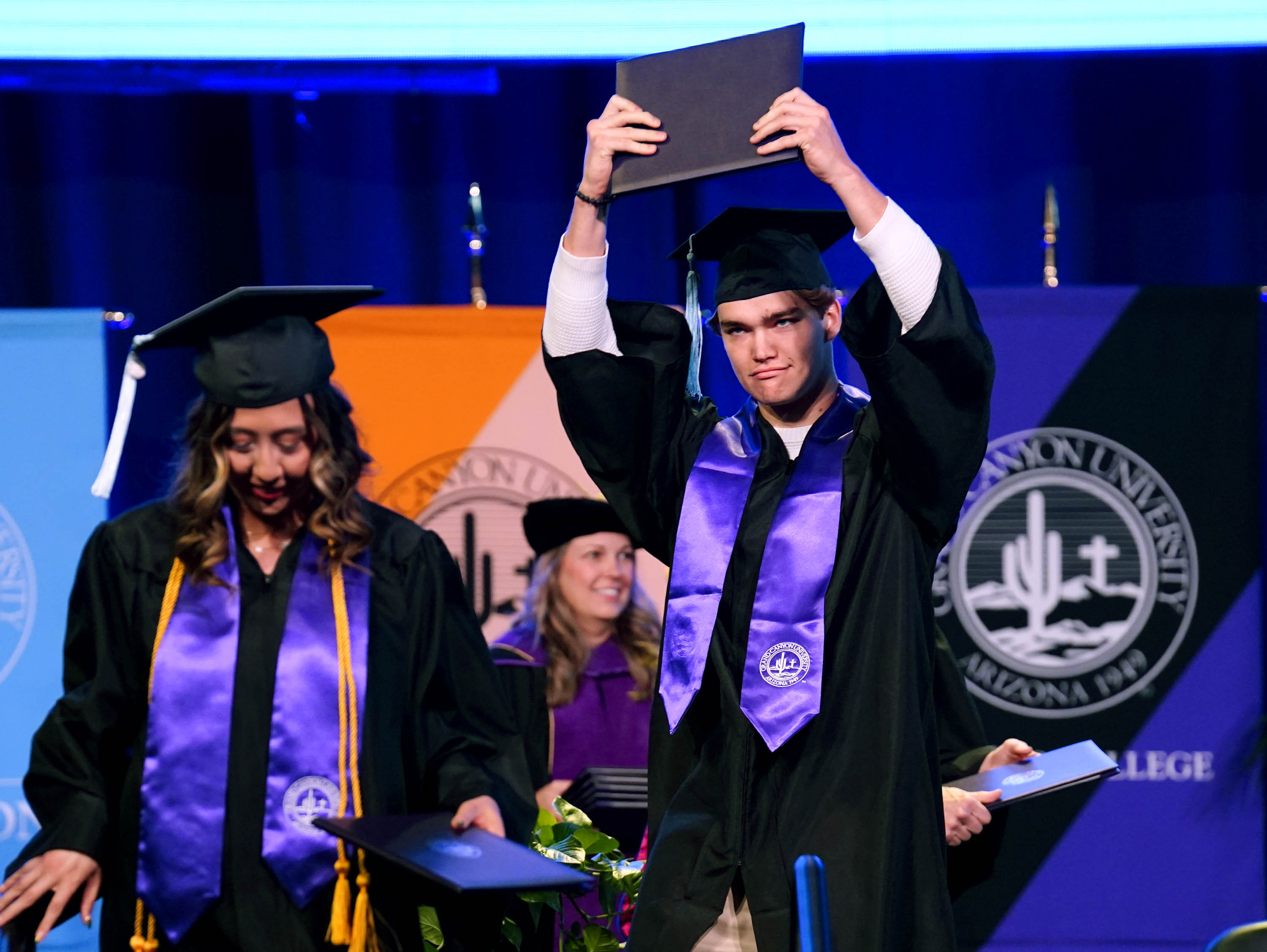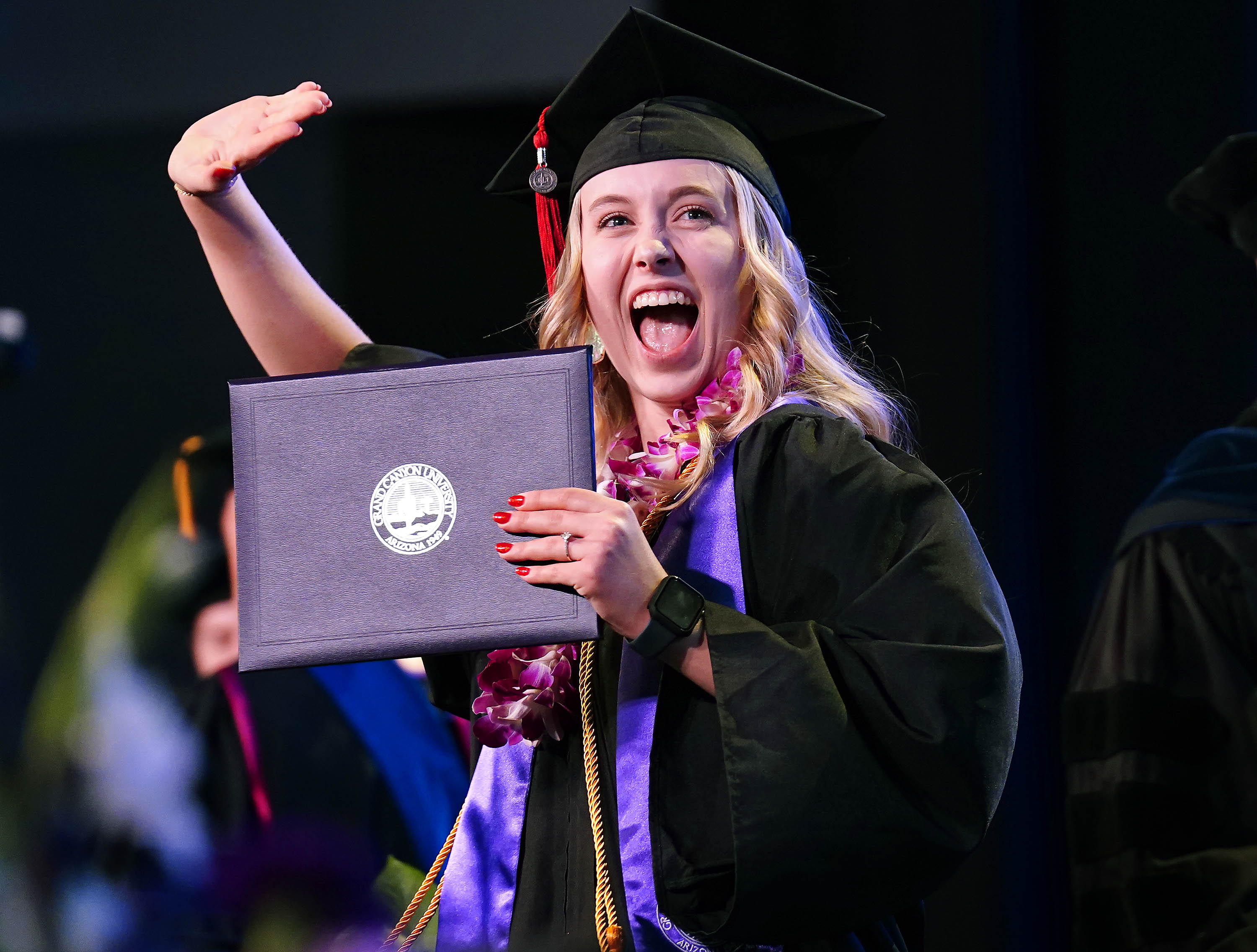By Mike Kilen
GCU News Bureau
Many workplaces could borrow from the tech industry to help its employees stay mentally healthy.
“See if you mind having these perks: wellness centers onsite, free dietitians. ... What about a free chiropractor on site? Free organic, homecooked meals twice a day. … Massages. … Are you kidding me? Unlimited time off. This is my favorite: an on-site nap room,” Dr. Tanisha Guy-Richardson told 169 participants at Grand Canyon University’s fifth annual Behavioral Health and Social Services Conference, held virtually on Monday.

Sounds like a pipe dream.
“They are doing this in the tech industry, you guys. When we talk about taking care of employees’ mental health, they get it,” she said. “I’m not saying you are going to get all of this. But those things say that you matter and your mental health matters.”
This is especially true for mental health professionals, who need to stay healthy themselves to help their clients. Guy-Richardson, College of Humanities and Social Sciences Online Fulltime Faculty, offered several strategies in a keynote address that focused on building community and recovering in the post-pandemic era.
“What we learned out of COVID was the importance of community. One of the things that gives our life meaning is our relationships,” Guy-Richardson said.
Therapists and behavioral health companies had to learn what GCU has long mastered, she continued: building community online and using virtual models that will be useful as telehealth continues to expand.
“Those of us who believe things can only be done face to face, COVID taught us that it can be done, and it can be done well,” she said. “We have to expand telehealth services.”
A multidisciplinary approach is also important with the uncertain effects to individuals post-pandemic.
“COVID didn’t have an impact on one aspect of an individual. It impacted the whole individual,” she said, listing a team that could include everyone from clinical social workers and psychologists to physical therapists and chiropractors.
Mental health awareness is also important, starting as young as kindergarten, and carried through to workplaces with risk assessments.
It helps employees to know they matter, their mental health matters, she said. “You can improve morale and also you can improve job satisfaction.”
It all adds up to the creation of a “well-being office,” using current resources such as counseling or creating new ones, such as trainings or workshops.
Guy-Richardson said moving beyond COVID as a behavioral health community means a model that goes from reactive to proactive and one that is “moving from a surviving model to a thriving model.”
The conference included a track from professionals and students with several breakout sessions that highlighted post-pandemic challenges, such as added stress or homelessness, and changes to the industry, such as telehealth and an overhaul of social and cognitive psychology.
Grand Canyon University senior writer Mike Kilen can be reached at [email protected] or at 602-639-6764.



